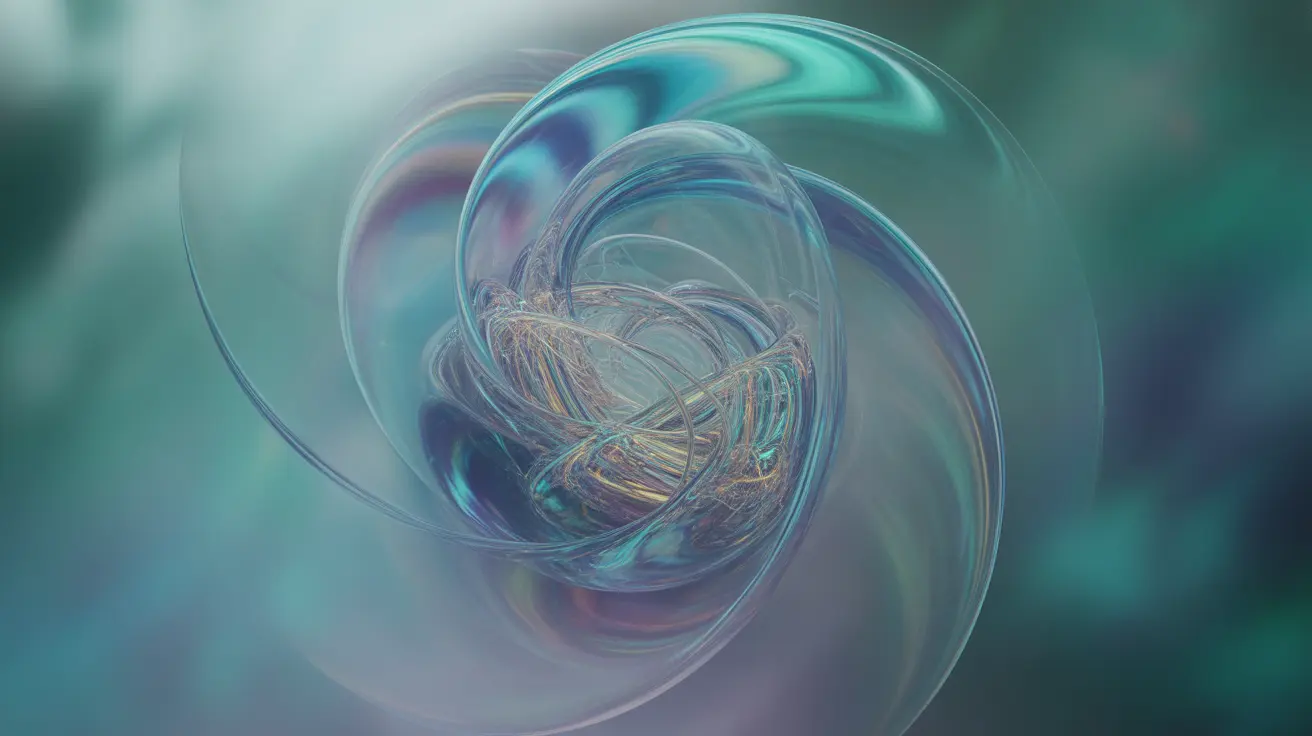Living with ADHD often brings unique challenges in how emotions are experienced and processed. When ADHD intersects with limerence – an intense, all-consuming infatuation with another person – the combination can create particularly complex emotional experiences that affect daily functioning and relationships.
This comprehensive guide explores the relationship between ADHD and limerence, offering insights into how these conditions interact and providing practical strategies for managing their combined effects.
Understanding Limerence in the Context of ADHD
People with ADHD often experience emotions more intensely than others, and when limerence enters the picture, these feelings can become overwhelming. The characteristic hyperfocus associated with ADHD can amplify limerent feelings, making it difficult to concentrate on daily responsibilities or maintain perspective about the object of attraction.
Common Manifestations and Challenges
When ADHD and limerence combine, individuals might experience:
- Intense fixation on the person of interest
- Difficulty maintaining focus on work or studies
- Constant checking of social media or phone for contact
- Emotional dysregulation
- Increased impulsivity in pursuing the limerent object
The Neuroscience Behind ADHD and Limerence
Both ADHD and limerence involve dopamine, the brain's reward neurotransmitter. People with ADHD typically have altered dopamine functioning, which can make them more susceptible to developing intense limerent feelings and may explain why these experiences can be particularly powerful.
Treatment Approaches and Management Strategies
Professional Support
Working with mental health professionals who understand both ADHD and limerence is crucial. Treatment options often include:
- Cognitive Behavioral Therapy (CBT)
- Mindfulness practices
- ADHD medication management
- Emotional regulation techniques
Self-Management Techniques
Developing practical coping strategies is essential for managing both conditions effectively:
- Creating structured daily routines
- Practicing mindful awareness
- Setting healthy boundaries
- Engaging in regular physical exercise
- Maintaining social connections beyond the limerent object
Building Healthier Relationship Patterns
Understanding how ADHD affects emotional processing and relationship dynamics is crucial for developing healthier romantic connections. This includes recognizing patterns, setting realistic expectations, and developing strong communication skills.
Frequently Asked Questions
What are the typical symptoms of limerence in individuals with ADHD, and how does it affect daily life?
Individuals with ADHD experiencing limerence often show intensified symptoms including obsessive thoughts about the person of interest, difficulty maintaining daily routines, and increased emotional volatility. The combination can significantly impact work performance, sleep patterns, and existing relationships.
How can cognitive behavioral therapy (CBT) help manage symptoms of limerence in people with ADHD?
CBT helps individuals identify and challenge unhealthy thought patterns, develop coping strategies, and establish healthier emotional responses. For people with ADHD and limerence, CBT can be particularly effective in managing obsessive thoughts and improving emotional regulation.
Can medications used for ADHD also help reduce the intensity of limerence?
ADHD medications may help indirectly by improving overall emotional regulation and reducing impulsivity. However, they're not specifically designed to treat limerence. Any medication adjustments should be discussed with a healthcare provider.
What are some effective strategies for managing emotional highs and lows associated with limerence when you have ADHD?
Effective strategies include maintaining a consistent daily routine, practicing mindfulness techniques, engaging in regular exercise, and using mood tracking tools. It's also helpful to have a support system and healthy distractions in place.
How can individuals with ADHD and limerence work towards forming healthier, more stable relationships?
Focus on developing self-awareness, establishing clear boundaries, and practicing open communication. Working with a therapist can help develop these skills while addressing both ADHD-related challenges and limerent tendencies.




